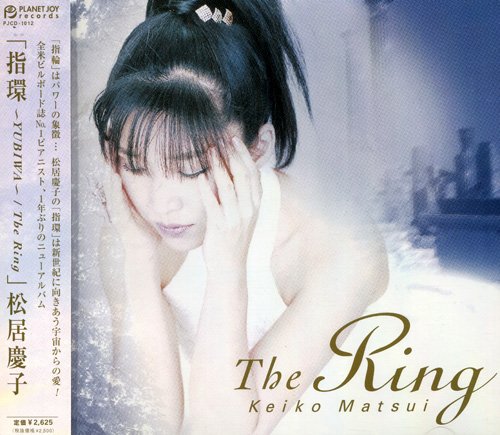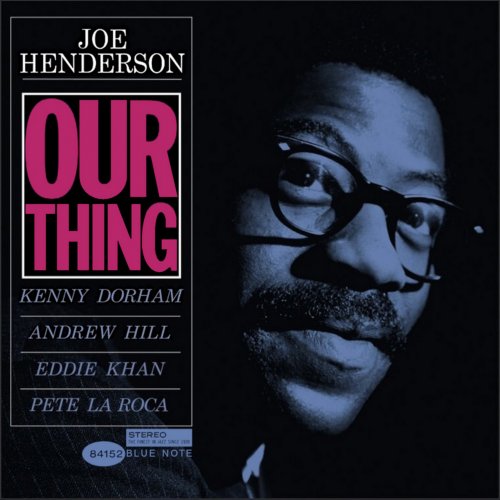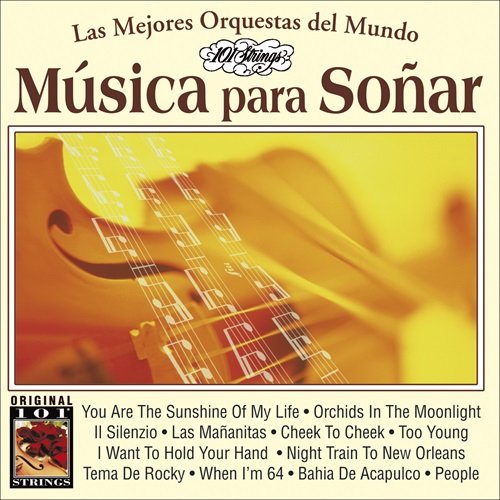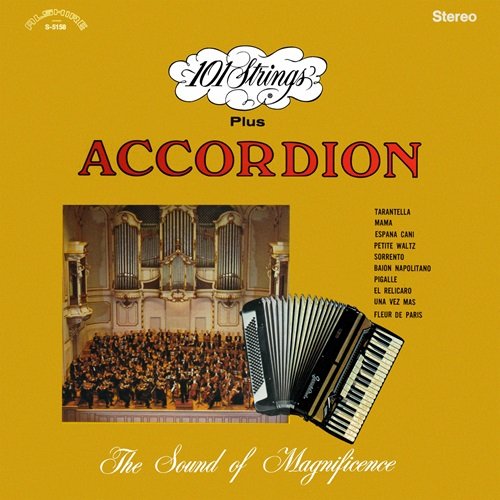Keiko Matsui - The Ring (2002)

Artist: Keiko Matsui
Title: The Ring
Year Of Release: 2002
Label: Planet Joy Records
Genre: Smooth Jazz
Quality: FLAC (image + .cue, log, artwork)
Total Time: 59:10 min
Total Size: 338 MB
WebSite: Album Preview
Tracklist:Title: The Ring
Year Of Release: 2002
Label: Planet Joy Records
Genre: Smooth Jazz
Quality: FLAC (image + .cue, log, artwork)
Total Time: 59:10 min
Total Size: 338 MB
WebSite: Album Preview
01. Steps of Maya (5:45)
02. Venus of the Sea (4:27)
03. Moon Circle (4:51)
04. Prism (4:57)
05. The Next Plateau (5:20)
06. Messenger (5:14)
07. Deity in the Silence (4:08)
08. The Ring (5:55)
09. White Owl (4:46)
10. Precious Time (3:48)
11. The next plateau -solo piano- (04:36)
12. Prism -solo piano- (04:58)
For those who like a little mysticism and classical influence in their smooth jazz, Japanese-born composer and keyboardist Keiko Matsui has long been the ticket. She was Billboard's number one Independent Contemporary Jazz Artist in 1997 and is the top New Adult Contemporary female instrumentalist of her time. In the early days (she's up to 14 albums now), Matsui did it with a mix of thunderous film score-like sweeps, elegant and jazzy piano command, and a guest sax solo here and there to score some radio hits. On The Ring, she continues her recent trend of all those same elements and gorgeous melodies without concern for pop airplay considerations. Her producer/husband Kazu Matsui provides some trip-hoppy rhythmic foundations behind the gently hypnotic opening track ("Steps of Maya," inspired by Mayan culture and also a tribute to the Matsuis' daughter Maya), but the tune is mostly meditational until it breaks for a lush, experimental solo in the middle. The piano motif of "Venus of the Sea" works well as a catchy hook, and the tune falls somewhere between the esoteric and pure pop, with tighter, gentle funk rhythms, nature sounds, and a jazzy ambience. Alberto de Almar's graceful flamenco guitar helps introduce and provide harmony for the pure atmospheres of "Moon Circle," while "Prism" gets back in the groove for one of the disc's most exotic trips -- including a rising synth brass section and multiple synth sounds and dramatic use of the keyboard's lower scales. The title track gets away from the clever blends of melody, rhythm, and special effects for a more straightforward, film score-like presentation. "White Owl" takes the same idea to its dramatic orchestral limit. Matsui's goal here was to create music for healing amidst a chaotic world, but she does more than soothe the soul as she continues to follow her muse to unexpected places. -- Jonathan Widran
Related Releases:

![Dave Stapleton - Quiet Fire (2026) [Hi-Res] Dave Stapleton - Quiet Fire (2026) [Hi-Res]](https://www.dibpic.com/uploads/posts/2026-02/1772036051_v5l0f2qh1r2cb_600.jpg)
![Fabiano do Nascimento - Vila (2026) [Hi-Res] Fabiano do Nascimento - Vila (2026) [Hi-Res]](https://img.israbox.com/img/2026-02/26/o4t38f6qf24pvc3bqzanbhsz3.jpg)
![Zenekar - Swirls (2026) [Hi-Res] Zenekar - Swirls (2026) [Hi-Res]](https://img.israbox.com/img/2026-02/25/t028ousw4otuz57efsjkzgr6u.jpg)




